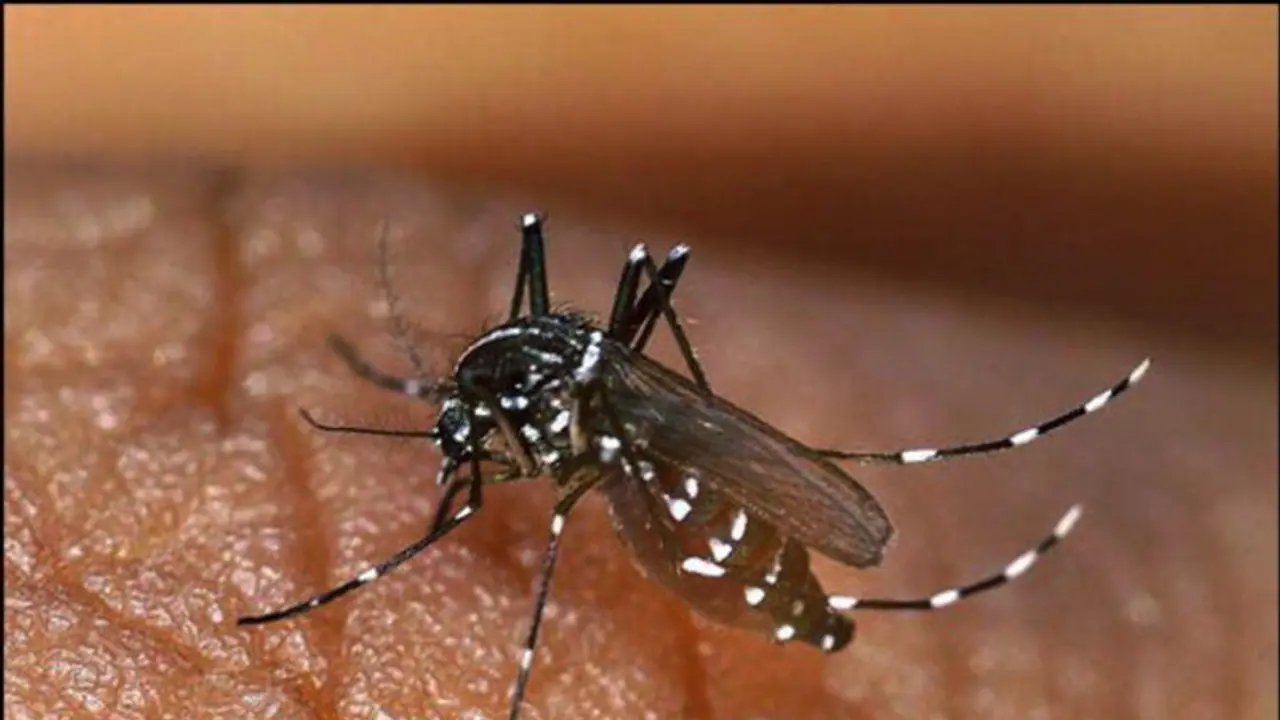Normal dengue symptoms are flu-like, but they can deteriorate into severe dengue fever as well, a condition that can be fatal. We spoke to Dr. Sunil Havannavar, Senior Consultant - Internal Medicine, Manipal Hospital Sarjapur Road, who gave us some insides about four types of dengue viruses.
Dengue fever is a severe, painful, and incapacitating illness spread by the bite of an infected Aedes mosquito (Ae. aegypti or Ae. Albopictus) carrying one of four types of dengue virus (DENV). Usually, when a mosquito bites a victim with the dengue virus in their blood, the mosquito becomes infected and spreads the virus to another person.

Direct transmission of the dengue virus from one person to another is impossible; the mosquito works as a carrier in this scenario. Each year, there are 400 million dengue infections worldwide, of which 96 million results in severe illness. Mostly tropical and subtropical regions of the world, such as Southern China, Africa, and the Indian subcontinent, are more prone to get affected.
Also Read: Fashion designer Hanae Mori dies at 96; know her net worth and more
Symptoms:
Normal dengue symptoms are flu-like, but they can deteriorate into severe dengue fever as well, a condition that can be fatal. A second infection with dengue can increase the likelihood of developing serious symptoms.
Dengue has mainly three phases; at first, in the initial stage, the patient has a high degree of fever, headache, and backache, which lasts for 3 to 4 days. After 3 to 4 days, the severity of the fever usually comes down, but the platelet count starts dropping.
This condition is considered the second phase is known as thrombocytopenia and lasts for 4 to 5 days. After 5 days, the platelet count usually increases, and the patient might develop weakness, tiredness, and a few rashes on the body. On the 7th or 8th day, the patient usually leads to the recovery phase.
Also Read: Transgender model, 10, becomes youngest to walk New York Fashion Week runway
There are some extreme cases where two things usually happen: dengue hemorrhagic fever, in which the patient begins to have bleeding tendencies such as bleeding from gums, bleeding while urinating, or internal bleeding, which causes a lower platelet count, and the other is dengue shock syndrome.
Dengue is associated with dehydration, and due to dehydration, the patient’s blood pressure usually goes down and creates shock, leading to dengue shock syndrome.
Recovery:
Dengue infection cannot be treated with a specific medication. Using acetaminophen-containing painkillers and avoiding aspirin-containing medications are usually recommended if someone is suspected of having dengue fever since they could worsen bleeding. Additionally, it is needed to get enough rest, hydration, and medical attention. In the first 24 hours after the fever has subsided, if the symptoms worsen, the affected individual should visit a hospital immediately to be evaluated for problems.
Also Read: Why should you adopt a desi dog? Here are some major reasons
The probability of getting dengue increases in every rainy season of the year. So, it is essential to follow the necessary measures like wearing full sleeve clothes, using mosquito replants, and also removing unnecessary water bodies to reduce mosquito breeding.
